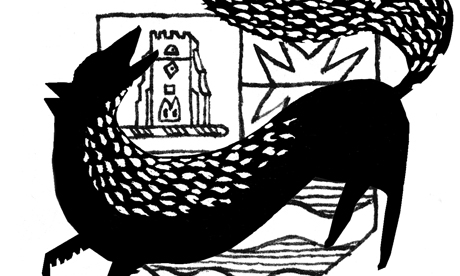Leader – stories of police spies spookily close to home

The past year has been an annus horribilis for the Metropolitan Police.
We have had the ‘plebgate’ row, criticism of the Met’s handling of investigations into phone-hacking and revelations that police spies stole the identities of dead children to acquire more convincing cover stories as part of a 40 year undercover campaign.
But however devastating the bad press has been for UK’s largest police force, it cannot eclipse the trauma felt by women who were duped into having intimate long-term relationships with men who they thought loved them but who were in fact undercover cops.
A fascinating new book, Undercover: The True Story of Britain’s Secret Police, by journalists Rob Evans and Paul Lewis, has had plenty of publicity thanks to the shocking allegations about police attempts to smear the family of murdered Stephen Lawrence.
The book also tells how police spy Mark Jenner, who went by the name Mark Cassidy, set up home in a flat in Osbaldeston Road, Stoke Newington, in 1995, and proceeded to infiltrate a group called the Colin Roach Centre.
Mark Cassidy set up home in a flat in Osbaldeston Road in Stoke Newington
This Clapton-based centre was named after a young black man who died from a gunshot wound inside the entrance of Stoke Newington Police Station in 1983. It was at the time helping to uncover allegations of police corruption in Hackney.
Before vanishing, Jenner began a relationship with a secondary school teacher, Alison, who was active at the centre.
Jenner is apparently believed to be still in the police, working in London.
Alison is now part of Police Spies Out of Lives, a support group backing legal action against undercover policing.
The Hackney Citizen has spoken with Mark Metcalf, who was active at the centre at the time of Jenner’s activities. He says he worked out relatively early on that Jenner was a spy.
But even non-political causes may not be safe from the attentions of the secret police.
A confidant of Colin Roach’s family, who simply wanted an independent inquiry into his death, recalls how on marches in the 1980s, strangers who “came out of nowhere” would begin shouting anti-police slogans, before promptly disappearing.
He now wonders whether these people were police agitators trying to discredit the campaign.
The revelations thus far are like something out of Joseph Conrad’s The Secret Agent and shed light on the murky arts of state espionage.
But they are not part of a novel and they happened very close to home.
